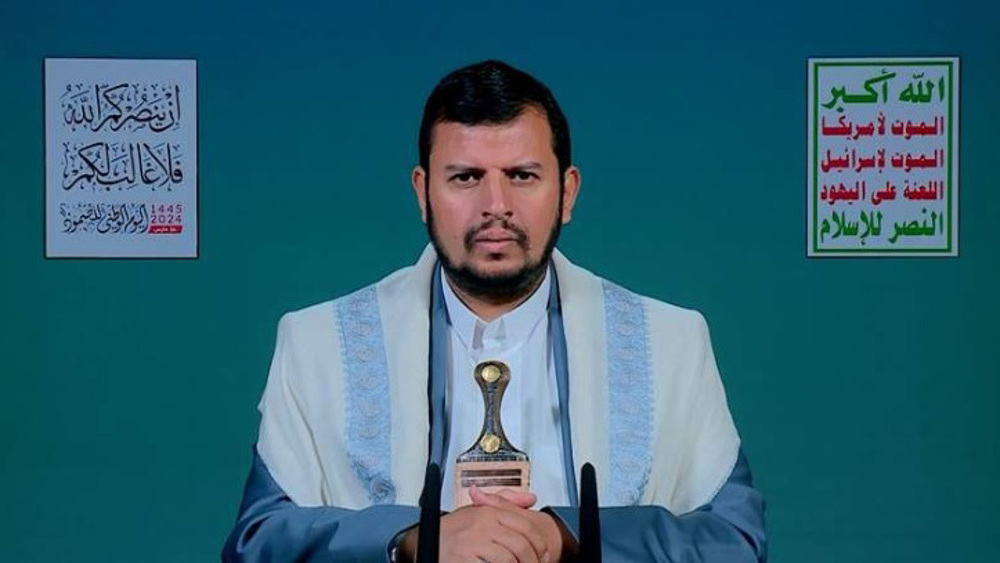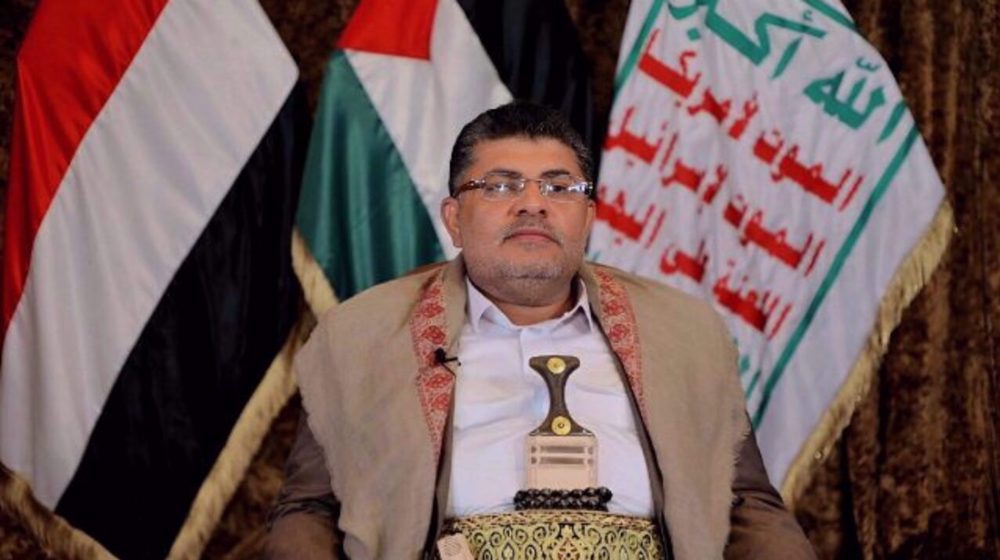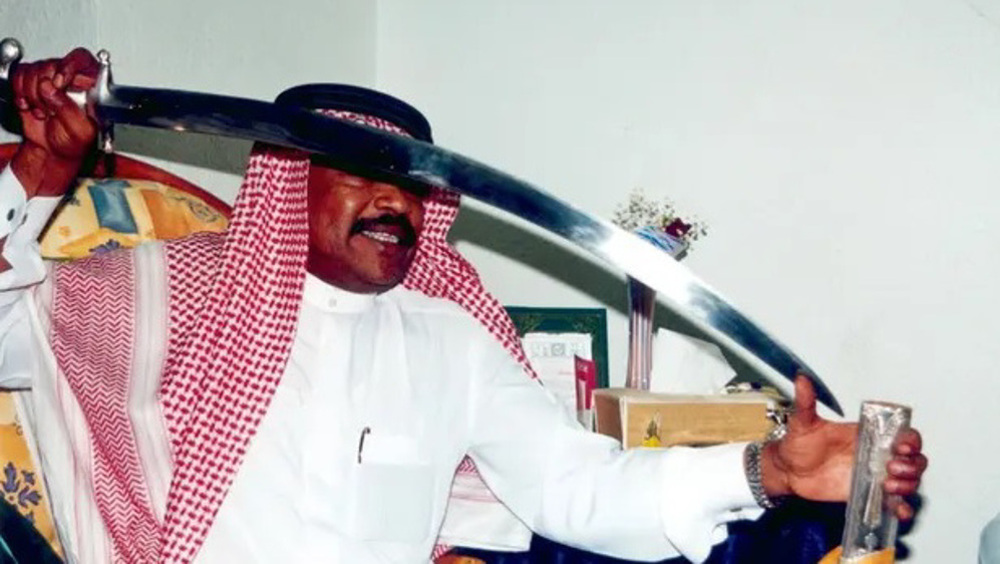Saudi Arabia says ‘still looking into’ 2015 Hajj tragedy
Saudi Arabia says it is still reviewing the deaths of thousands of people nine months after a deadly crush during Hajj near the holy city of Mecca.
“We already studied that and we are continuing to study this,” Minister of Hajj Mohammed Bentin said on the sidelines of a press conference in the Red Sea city of Jeddah on Tuesday.
"God willing, we’ll have many preventive measures and procedures that...will not repeat what happened last time," he said.
The crush of last year occurred after two large masses of pilgrims converged at a crossroads in Mina during the symbolic ceremony of the stoning of Satan in Jamarat on September 24, 2015.
Saudi Arabia claims nearly 770 people were killed in the incident, but Iranian officials say about 4,700 people lost their lives in the tragedy.
The number of the Iranian fatalities is at least 464, exceeding that of other countries.
Following the disaster, Saudi King Salman even praised Saudi authorities for holding a “successful” Hajj.

Saudi Arabia has come under harsh criticism over its handling of the Mina incident.
The tragedy came days after a massive construction crane collapsed into Mecca’s Grand Mosque, killing more than 100 people and leaving over 200 others wounded.
According to the figures released by Iran’s Hajj and Pilgrimage Organization, 11 Iranian pilgrims were among the deceased and 32 of the injured were also Iranian nationals.
Iran says Riyadh’s incompetence in handling safety at the rituals caused the deadly incident.
Hajj, ‘political tool’ in Riyadh’s hands
This year, Iran has said it will not participate in the Hajj pilgrimage in Mecca because of “obstacles” created by Saudi Arabia, among them its failure to guarantee the safety of Hajj pilgrims.
Iran’s decision came after Riyadh failed, following lengthy negotiations, to address the Islamic Republic’s concern regarding the safety and dignity of its nationals during the Hajj pilgrimage.
Saeed Ohadi, the head of Iran’s Hajj and Pilgrimage Organization, said on May 30 that Riyadh tried to impose new restrictions on Iranian Hajj pilgrims, making it impossible for the Islamic Republic to accept the whole agreement.
Among the restrictions, he said, were a ban on raising Iran’s flag by pilgrims during the rituals and a limited number of Iranian clinics. He said the Saudis also wanted Iranian pilgrims to wear electronic wristbands and showed disrespect for those versions of the holy Qur'an that are printed in Iran.
On May 29, Iranian Minister of Culture and Islamic Guidance Ali Jannati also said Tehran is very concerned about the safety of its pilgrims after last year’s Hajj tragedy.
The Iranian minister slammed Riyadh for manipulating Hajj for its own “political” goals.
He added that Tehran currently cannot provide Iranian pilgrims with diplomatic support in Saudi Arabia, which currently has no diplomatic relations with Iran.
Earlier in the month, the Iranian Foreign Ministry also slammed Riyadh for failing to publish a report on the tragedy.
Tehran economic conference: Raeisi hails Iran-Africa expansion of ties
VIDEO | Press TV's news headlines
Severe heat wave hits India as phase 2 of polling begins
What to expect after President Raeisi's visit to Pakistan
China describes Iran as ‘strategic partner' in West Asia
April 25: ‘Axis of Resistance’ operations against Israeli occupation
Hezbollah hits Israeli military sites near border with rockets, drones
Rwandans say UK deportation 'another brutal manifestation of neo-colonialism'



















 This makes it easy to access the Press TV website
This makes it easy to access the Press TV website